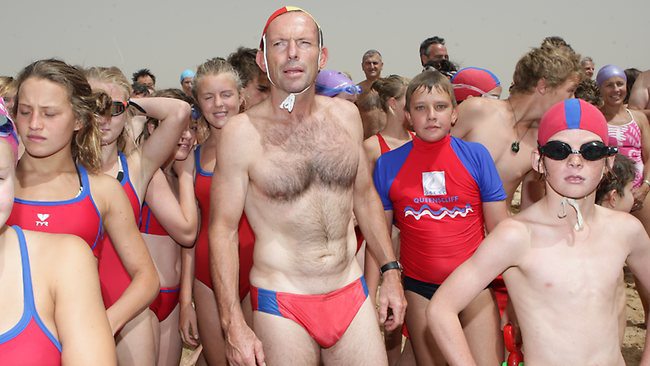So it came as no surprise to many Aboriginal activists here when the federal government informed Australians that it would be cutting off federal funding for ‘remote’ communities effective June this year. This means that the responsibility for refuse collection, water and lights and so on, will soon be the responsibility of state governments. Many (though not all) of the people who live in these communities are Aboriginal people, and most of them have very small populations – less than 100 people in some instances. Despite this for some Aboriginal people life in remote areas is premised on their connection to country; to the land of their ancestors.
Based on the decision by the federal government, the conservative government of Colin Barnett in Western Australia (WA) immediately announced that it does not have the money to take on this responsibility after the once-off payment the federal government has given it runs out. The state government has indicated that it will consult with the affected communities in the next few months, and it has tried to allay fears saying that people will not be forcibly removed from their homes, but it is likely that their plans to stop services – effectively closing communities – will have that effect.
While other Australians will be affected, the primary target for the actions are understood to be Indigenous people. This was made clear when the Prime Minister Tony Abbott defended the decision that would see up to 150 communities in Western Australia closed. His words were instructive. He was quoted as saying, “What we can’t do is endlessly subsidize lifestyle choices if those lifestyle choices are not conducive to the kind of full participation in Australian society that everyone should have.”
Abbott’s statement caused uproar because it reflects the attitude that successive Australian governments have taken to Aboriginal people. The summary of this attitude across time is essentially this: ‘If only they could just change how they live, they wouldn’t be such a menace to all of us.’ Implicit in the statement is this idea that Aboriginal people are holding the nation back. Never mind that it makes sweeping generalizations about a series of communities and people that are diverse in multiple ways.
